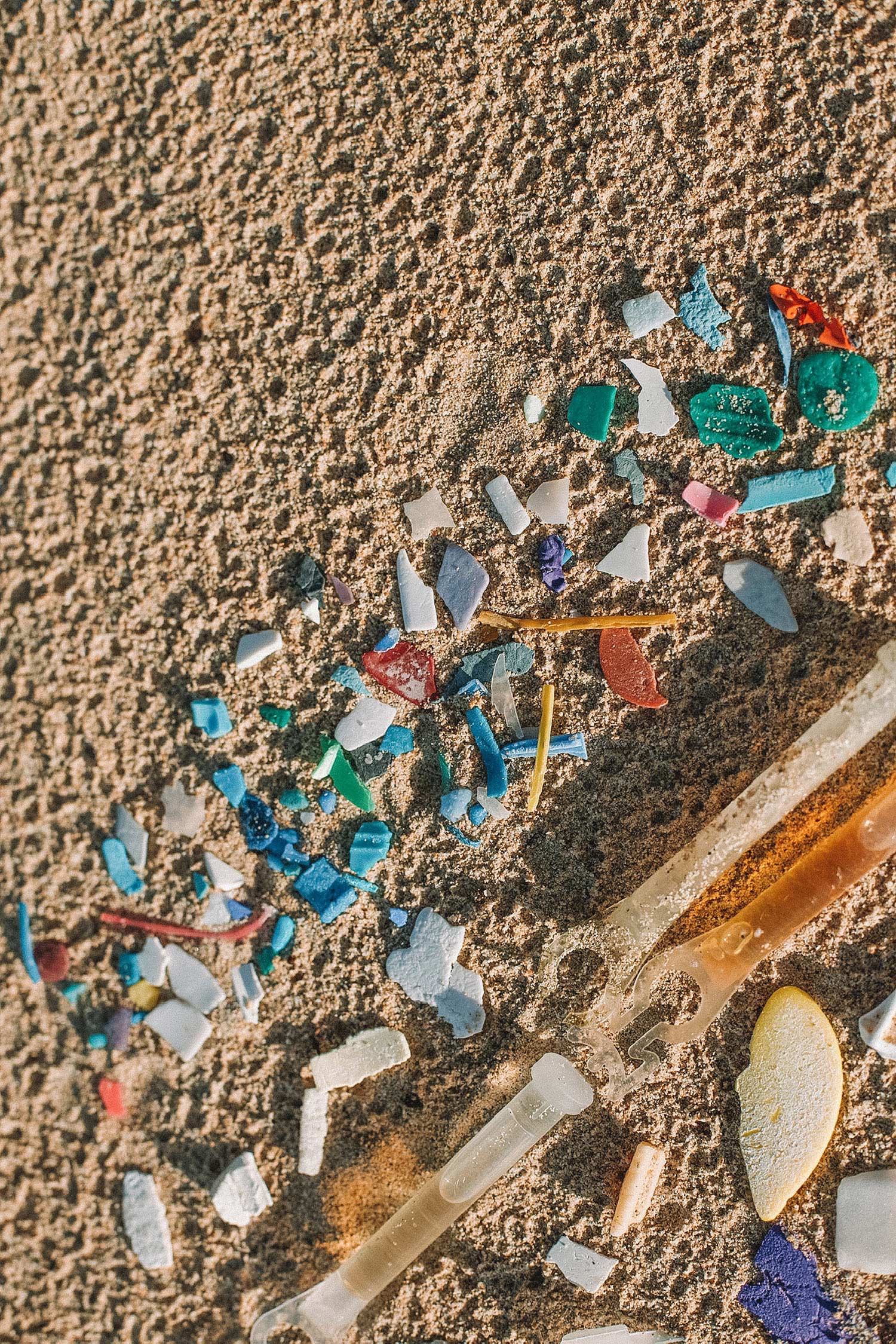Environmentalist and dear friend of Spell, Natascha Elisa travelled to Lord Howe to discover the effect of microplastics ~ showing that a remote place that doesn’t produce waste is greatly affected by plastic coming across the ocean.


What are microplastics?
Extremely small pieces of plastic debris resulting from the disposal and breakdown of consumer products
Why is it a problem?
Microplastics are so small that they find their way into rivers and oceans causing harm to animals, humans and the environment 

Approximately 52.5 million litres of oil was used in 2009 – 2010 to produce the PET used to package bottled water in Australia, excluding the energy used in transportation and refrigeration.
More energy is used to fill the moves, move them by truck, train, ship or air, refrigerate them and recover, recycle or discard the empty bottles.
The Pacific Institute estimates the total amount of energy embedded in the use of bottled water can be as high as the equivalent of filling a plastic bottle one quarter full with oil. Therefore, more than 145.7 million litres of oil was used in the production, transportation, refrigeration and recycling / disposal of bottled water in Australia in 2009 – 2010.


So… what can I do?
Remove the top 4
– Bring your own reusable produce bags to the grocery store
– Refill your own reusable water bottle
– Request ‘no straw please!’ when ever ordering a drink
– Make your own juice or coffee at home OR bring your own coffee cup or jar to the juice bar for plastic free takeaway (remember paper cups are lined with plastic too!)
– OR dine in
Plastic Free Kitchen
– Bulk buy your produce plastic free at bulk stores
– Reduce food waste by composting (also then you don’t need plastic bin liners) simply empty and wash your bin when needed
– Bring your own container or jar when you eat out, in case there is left overs, just pop them in your container and bring them home with you for lunch tomorrow
– Ditch plastic wrap! Store your left overs / half used produce in jars and airtight containers or reusable food savers
– Grow your own veggies or if you live in a small space you can easily grow your own herbs
– Refill dishwashing liquid and laundry detergent at the bulk store
Plastic Free Bathroom
– Use a bamboo toothbrush
– Use bar soap and shampoo instead of a plastic pump bottle
– Use reusable metal razors instead of single use plastic ones
– Ladies, replace tampons with a moon cup
Plastic Free Living
– Wrap gifts in recycled paper and string
– Use a hanky instead of tissues
– Say NO JUNK MAIL on your letterbox
– Shop vintage or second hand and look for sustainable fashion brands
– Repair and mend the things you already own if broken
Natascha xx
